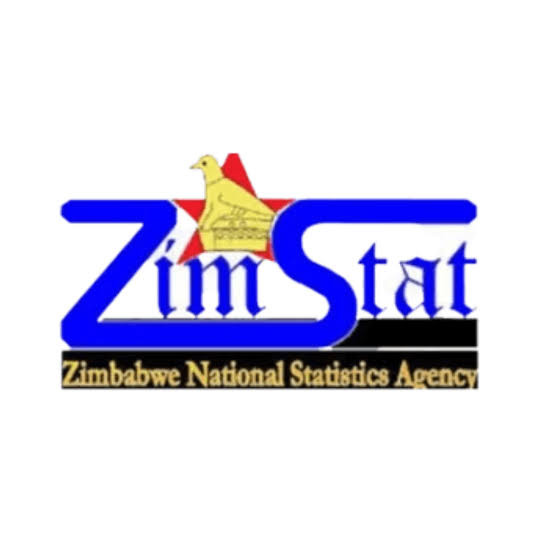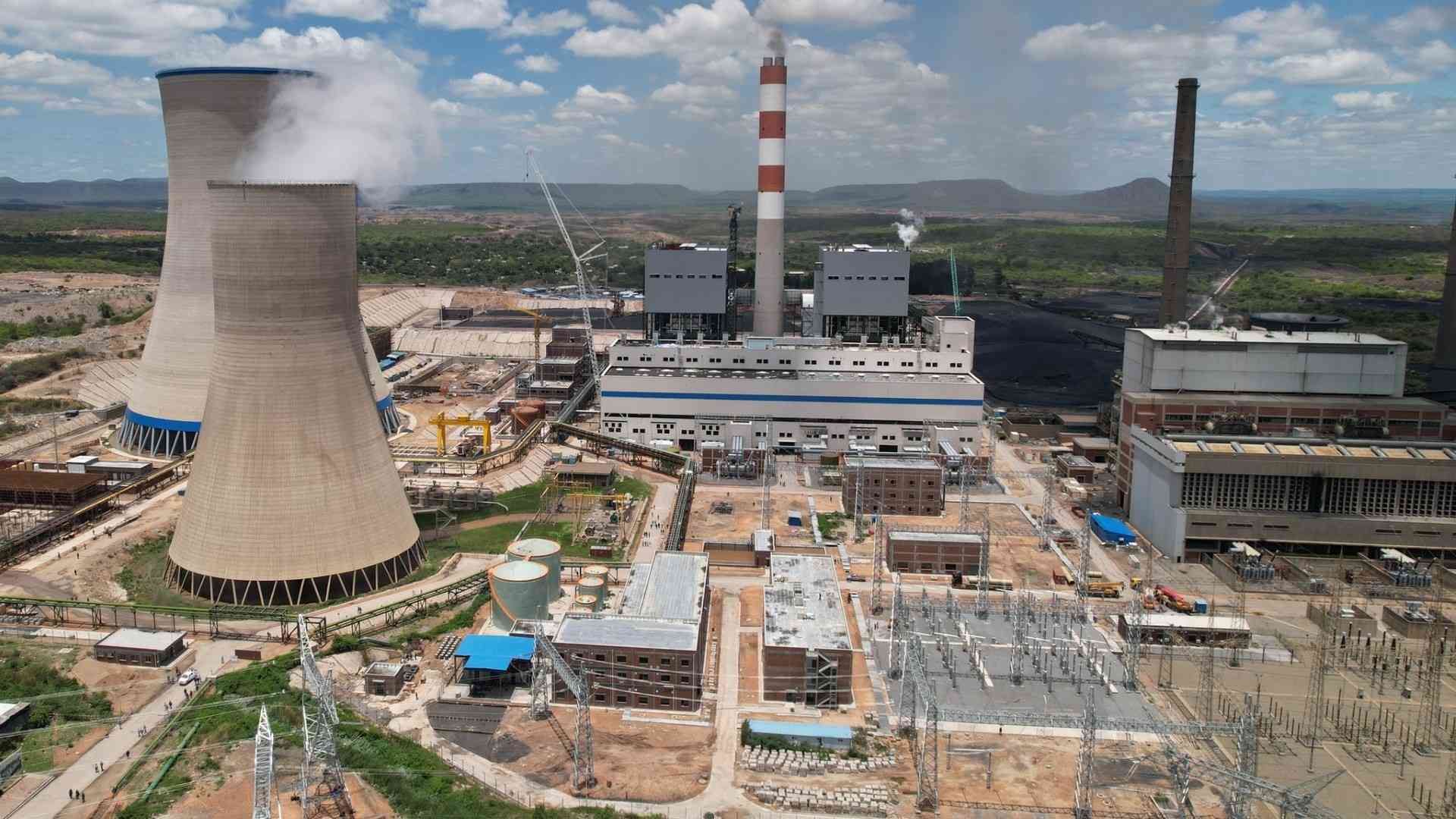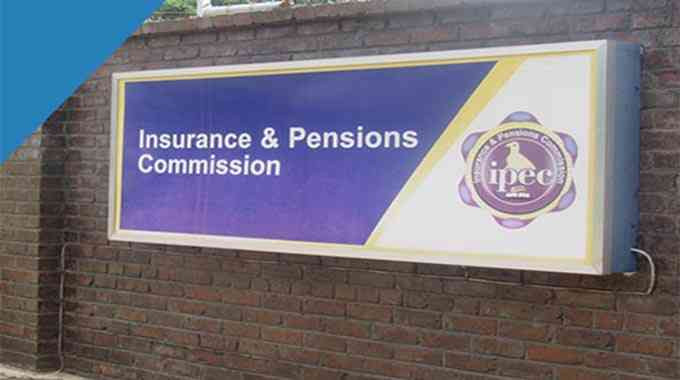
Zimbabwe’s public debt has ballooned to alarming levels, sparking grave concerns over fiscal indiscipline, and the country’s deepening economic vulnerability.
Latest figures show total public and publicly guaranteed debt at US$21,1 billion, comprising US$8,7 billion in domestic debt and US$12,3 billion in external obligations.
This represents about half of the country’s US$44 billion Gross Domestic Product (GDP).
Yet, economists and civil society actors warn the real figure could be significantly higher — obscured by off-budget expenditures.
Former finance minister Tendai Biti believes Zimbabwe’s actual debt burden could surpass US$30 billion, citing unresolved parastatal liabilities and what he describes as questionable infrastructure financing arrangements.
“The authorities refer to US$22 billion, but there is evidence to believe that the debt is well more than US$30 billion," Biti told the Zimbabwe Independent.
"There is considerable opacity surrounding some debts,” Biti said.
“There is also opaqueness around the parastatals debt that is being inherited and assumed by the government. So, the first thing is to verify and audit this debt.
- Village Rhapsody: How Zimbabwe can improve governance
- Village Rhapsody: Engage men to end gender-based violence
- Village Rhapsody: How Zimbabwe can improve governance
- Zim maize output to drops by 43%
Keep Reading
“The Public Debt Management Act needs to be strengthened to be aligned with the Constitution. Our country has failed to come up with a plan, and the (International Monetary Fund (IMF) Staff-Monitored Programme (SMP) is dead. Without an SMP, there is no hope of resolving the Zimbabwe debt crisis.”
Calls for greater transparency have grown louder, with civil society organisations pushing for a comprehensive forensic audit to unpack where borrowed funds have gone.
Paidamoyo Muzulu, economic governance officer at Veritas, emphasised the need to trace every cent of borrowed capital.
“The debt is now unsustainable, but the starting point should be a comprehensive forensic debt audit to see where the money was used.
“All odious debts should not be repaid," Muzulu said, without elaborating who will assume responsibility.
"Zimbabwe should have a prudent way of contracting debt. This therefore calls for the immediate enactment of a debt cap law, as was said in the Zimcodd versus Minister of Finance High Court ruling — that the minister should table the Bill, and secondly, that the government should get prior parliamentary consent before contracting any new debt.”
The lack of disclosure around flagship infrastructure projects, such as the recently-commissioned Trabablas Interchange — formerly Mbudzi Interchange — has only deepened mistrust.
Muzulu voiced concern over revelations that the interchange project may have cost the country up to US$114 million.
But Finance Minister Ntuli Ncube said last week an additional US$26 million from the IMF's Special Drawing Rights was also spent on the project.
“On Trabablas Interchange, there was no transparency by the Ministry of Finance on how the debt was contracted and its terms.
"Parliament should ask the finance minister to table a ministerial statement on debt and what the government is considering as the options to solve the debt crisis.
“It is conceivable that the persons who advanced the private debt are benefiting.
“The significant danger of contracting (high) debts is that future generations will start their lives in the negative.”
The Zimbabwe Coalition on Debt and Development (Zimcodd) recently hosted its 8th annual debt conference, where delegates echoed the need for institutional reform and grassroots engagement.
Zimcodd executive director John Maketo painted a grim picture of how debt is strangling fiscal flexibility and choking investment in social services.
“Our public debt, hovering above US$21 billion, continues to constrain our fiscal space, social investments, and economic transformation.
“The burden of legacy debts, compounded by recurring budget deficits, climate shocks, and constrained revenue bases, tells us one truth: we need bold, homegrown, and people-centred solutions.”
Maketo urged a shift from pleas for relief to strategic activism for debt accountability.
“Let us not merely beg for debt relief; let us organise for debt justice, mobilise for equity, and legislate for sustainability.
“The call for debt justice is not a fight against the state; it is a fight with the state — for a democratic developmental state which is accountable, people-driven, and inclusive in its planning, and sovereign in its priorities.
“If Vision 2030 is to be realised and not remain a poetic aspiration, then debt sustainability must be made a national covenant.”
Economist Chenayi Mutambasere echoed the chorus for reform.
“Zimbabwe is now sitting on over US$20 billion in public debt, and what’s worrying is that a significant portion of it has been accumulated off-budget, through instruments such as Treasury Bills and special sovereign funds such as the Mutapa Investment Fund,” she said.
“To address the crisis, we need debt transparency first — which means disclosing who we owe, how much, and on what terms.
“We need to stop borrowing outside of parliamentary oversight, refocus our resources on essential services—not elite-led vanity projects—and engage in meaningful, inclusive dialogue before signing new deals or loans.”
As the debt burden mounts, so too does the urgency for reform. Without bold action and legislative safeguards, experts warn Zimbabwe risks mortgaging its future in exchange for unsustainable obligations incurred without the people’s consent.










